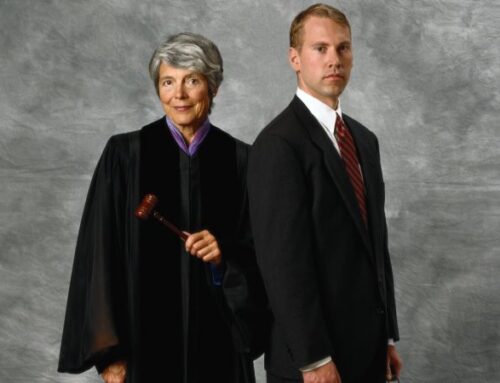
Every state has unique laws when it comes to estate planning and what estate owners should expect when it comes to different types of property. One of the most important distinctions lies between “shared” or “community” property and “separate” property.
If you plan to create or adjust your estate in the near future, it’s wise to understand these terms and how they will apply to your individual situation. It is also crucial to understand the legal concept of “transmutation” in California estate law, a term which applies to converting separate property to community property and vice versa.
What Is Separate Property?
California state law defines “separate” property as any property or assets an individual owned prior to entering into a marriage. For example, if you bought a car and paid off the title prior to marrying, the car would be your separate property. However, if after a few years you decided to trade it in toward a new vehicle for you and your new spouse, the new vehicle would qualify as community or shared property despite the fact that you used your own separate property to help pay for it.
Separate property may also apply to some assets and property gained during the course of a marriage. For example, an inheritance to one spouse would be that spouse’s separate property. The same rule applies to gifts. It’s vital to know which of your assets qualifies as separate property for estate planning purposes so you can develop your estate distribution plan around these assets.
What Is Community or Shared Property?
The law defines “community” or “shared” property as any property jointly owned by a married couple or obtained by a couple during the course of their marriage. If you and your spouse got married and then bought a home together, the home would qualify as community property. As far as estate planning is concerned, the estate owner does not necessarily determine where community property goes, but rather the rights to their share of the community property. It’s not uncommon for a spouse to simply leave their community to the other spouse, otherwise the estate owner must provide instructions for handling their share of the community property.
How Does Transmutation Apply to Separate and Shared Property?
An estate planning attorney can be a big help when it comes to the differences between shared and separate property as well as converting one to the other. Converting separate property to community property is very straightforward; the owner of the property simply declares in a legal document that the property in question is not shared property between the estate owner and their spouse.
Separate property may also transform into community property through commingling or mixing separate property with community property. For example, if one spouse receives an inheritance, the inheritance would technically qualify as separate property. If the recipient deposits the inheritance into a shared bank account that would qualify as community property, eventually it would be difficult to discern the separate property from the community property. The law may determine that the commingled assets are now community property.
Converting community property into separate property is trickier. It requires the consent of the owners of the community property. In some cases, this type of conversion can be beneficial for tax purposes. The owners of the community property must declare exactly which property and assets are to become separate property and include this side agreement with the estate.
Working With an Estate Planning Attorney in Granite Bay, California
Residents of the Granite Bay, California area may have several questions about their shared and separate property and how these assets relate to estate planning. The right estate planning lawyer can be a great asset when you want to carefully define your estate plan as clearly as possible to minimize confusion for your loved ones. The attorneys at McCunn Law in Granite Bay, California can help. Contact us today to schedule a consultation with one of our attorneys about your estate planning concerns.





